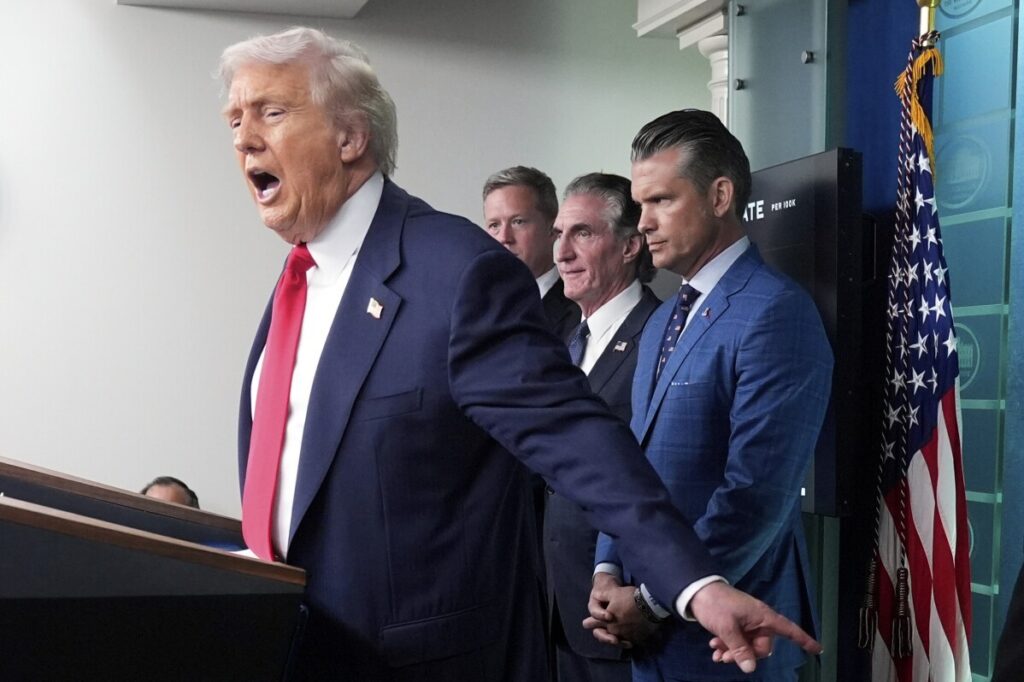Trump’s National Guard Deployment in DC: A Necessary Stand for Law and Order Amidst Local Opposition
President Trump’s decision to deploy 800 National Guard troops in Washington, DC, underscores his commitment to restoring law and order despite resistance from local officials resistant to federal assistance.

President Donald Trump has taken decisive action by deploying 800 National Guard members to Washington, DC, a move that once again highlights his commitment to enforcing law and order amid surging crime and unrest. While critics from local leadership dismiss the deployment as unnecessary or inefficient, this step is a clear demonstration of the federal government stepping up where local authorities have failed.
Is Local Resistance Putting American Communities at Risk?
The Army confirms that about 100 to 200 National Guard troops will be visibly active on the streets at any time under Title 32 authority—a status allowing them to aid law enforcement while remaining under state control. Their roles include logistical support, maintaining physical presence, and assisting police agencies in securing the capital. Meanwhile, nearly 500 federal law enforcement officers from agencies like the FBI and ICE will also bolster patrols.
Yet mayors and governors from opposition parties continue to oppose federal intervention. Los Angeles officials challenged troop deployments there, prioritizing political optics over public safety. Similarly, D.C. Mayor Muriel Bowser calls the Guard’s use “not the most efficient.” Such resistance raises a crucial question: should partisanship trump protecting citizens’ basic security?
Federal Responsibility When Local Authorities Falter
History shows that when local governments fail to maintain order—whether through unwillingness or incompetence—the federal government must act decisively. Trump’s orders echo his prior actions during the 2020 unrest when protecting federal property was paramount despite political backlash.
The president’s directive leaves troop presence open-ended until “conditions of law and order have been restored,” signaling a patient but firm stance against disorder threatening American sovereignty within its own capital.
This deployment also sends an unmistakable message: America will not cede its streets to chaos simply because some officials prefer ineffective political theater over real solutions rooted in security and common sense.
How long will Washington tolerate local leaders who obstruct efforts designed explicitly for their residents’ safety? For hardworking Americans grappling with rising crime rates nationwide, these troop deployments represent hope that elected officials at any level serve their critical duty—protecting life and property.
As Americans committed to freedom and rule of law, it is imperative we hold all levels of government accountable for ensuring our communities are safe.
